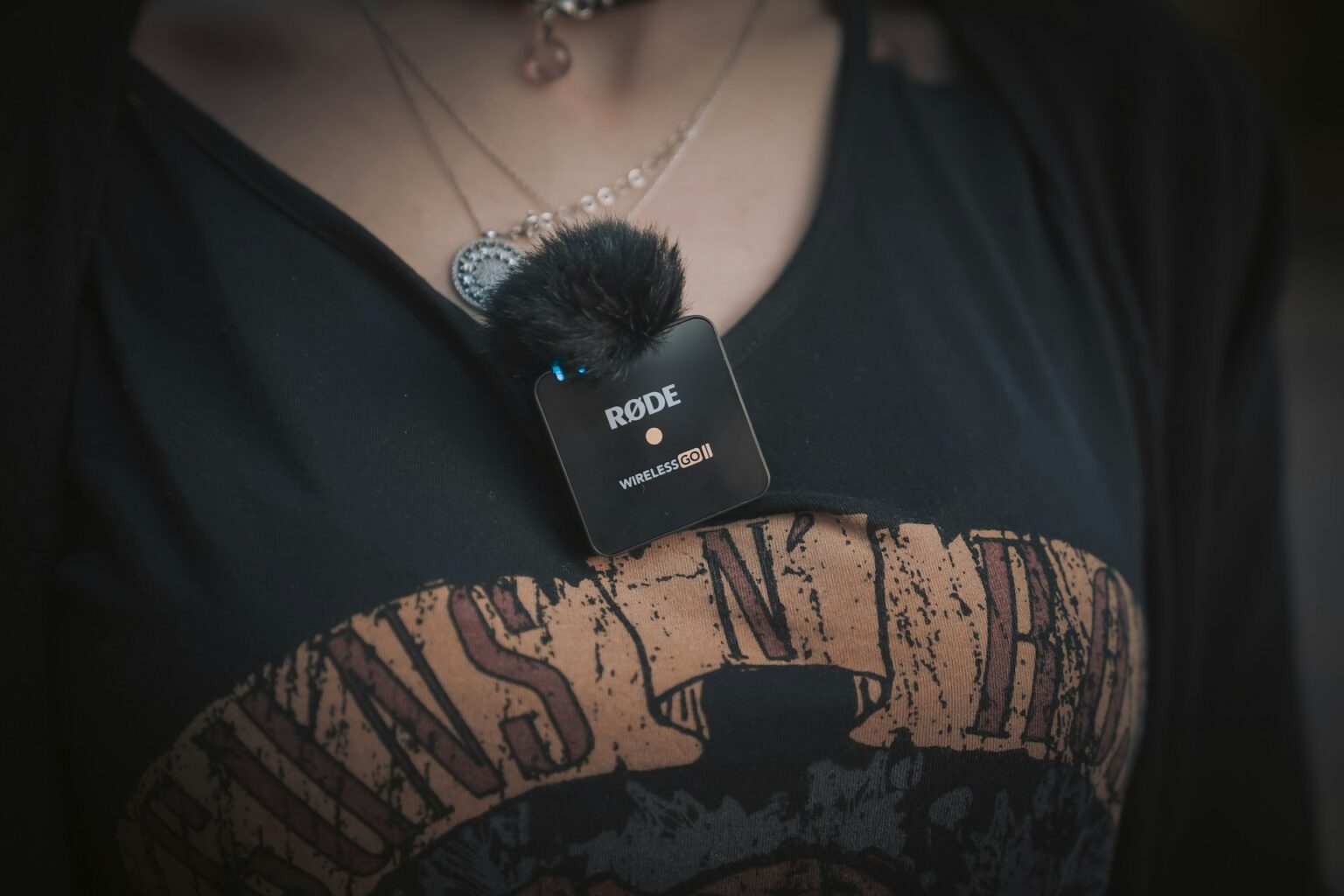Microphones are essential tools in various applications, from live performances and public speaking engagements to recording studios and broadcasting. When it comes to choosing a microphone, one of the primary considerations is whether to opt for a wireless or wired model. Both options have their advantages and disadvantages, and understanding their differences can help you make an informed decision based on your specific needs. In this article, we’ll explore the pros and cons of wireless and wired microphones across different applications to help you choose the right microphone for your requirements.
Wireless Microphones
a. Pros:
- Freedom of Movement: Wireless microphones allow performers, presenters, and speakers to move around without being tethered by cables, offering greater mobility and stage presence.
- Convenience: With no cables to manage, setup and teardown time is reduced, making wireless microphones ideal for quick and easy installations.
- Flexibility: Wireless systems often offer multiple channels, allowing multiple microphones to be used simultaneously without interference.
- Audience Interaction: Wireless microphones enable audience participation by allowing individuals to pass around the microphone during Q&A sessions or group discussions.
b. Cons:
- Cost: Wireless systems tend to be more expensive than their wired counterparts, requiring additional components such as receivers and transmitters.
- Battery Life and Interference: Wireless microphones rely on batteries, and if not properly managed, battery life can be a concern. Additionally, wireless signals can be susceptible to interference from other devices or radio frequency congestion, potentially affecting audio quality.
- Signal Dropout: In rare cases, wireless microphones may experience signal dropout or interference, resulting in intermittent audio transmission.
Wired Microphones
a. Pros:
- Reliability: Wired microphones offer a stable and consistent audio signal without the risk of interference or dropout, ensuring reliable performance.
- Lower Cost: Wired microphones are generally more affordable than wireless systems, making them a budget-friendly option for various applications.
- Audio Quality: Wired connections provide a direct and unadulterated audio signal, often delivering superior sound quality compared to wireless alternatives.
- No Battery Concerns: Since wired microphones don’t rely on batteries, there are no concerns about battery life or the need to replace batteries regularly.
b. Cons:
- Limited Mobility: Wired microphones restrict the range of movement, as performers or speakers need to remain within the cable length, which can be limiting in certain situations.
- Cable Management: The presence of cables necessitates careful cable management to avoid tripping hazards and ensure a neat and organized setup.
- Setup Time: Wired microphones require proper cable connections, which can take more time compared to the quick setup of wireless systems.
Choosing between wireless and wired microphones depends on the specific requirements of your application. Wireless microphones provide freedom of movement, convenience, and flexibility, making them ideal for performances, conferences, and interactive sessions. However, they come at a higher cost and may be susceptible to battery life and interference issues. On the other hand, wired microphones offer reliability, affordability, and superior audio quality, making them a practical choice for studios, fixed installations, and situations where mobility is not a priority. Consider your budget, mobility needs, audio quality expectations, and the nature of your application to make an informed decision. Ultimately, whether you go wireless or wired, both types of microphones can deliver excellent sound reproduction and contribute to a successful audio experience.



